Speaking with SGGP Newspaper reporters, Dr. Tran Du Lich (National Financial and Monetary Policy Advisory Council) and Lawyer Truong Trong Nghia (National Assembly Delegate, Vice Chairman of the Ho Chi Minh City Bar Association) commented that increasing decentralization and delegation of authority to Ho Chi Minh City helps the city to be proactive, creative and increase autonomy and self-responsibility.
REPORTER : Resolution 31-NQ/TW (Resolution 31) of the Politburo has affirmed the leading role of Ho Chi Minh City in the country's growth. Is it urgent to have strong enough mechanisms and policies to achieve that goal?
DR. TRAN DU LICH: After 5 years of piloting Resolution 54, Ho Chi Minh City has not yet completely resolved the long-standing problems of a megacity.
Resolution 31 and Resolution 24-NQ/TW of the Politburo identified Ho Chi Minh City as the leading force and growth engine of the Southeast region and the whole country. The Politburo and the National Assembly also recognized that Ho Chi Minh City needs to have mechanisms and policies in line with strong decentralization and authorization so that the city has enough momentum to develop to its full potential. That also helps the city develop rapidly and promote development for the Southeast region and the whole country.
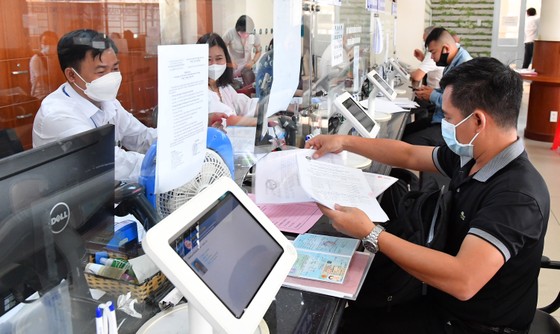 |
Resolving administrative procedures for people at Thu Duc City People's Committee (HCMC). Photo: VIET DUNG |
National Assembly Deputy TRUONG TRONG NGHIA: The content of the draft Resolution replacing Resolution 54 was developed with the active support of ministries and branches. The objective of the draft resolution is also based on the spirit of Resolution 31, affirming the special role and position of Ho Chi Minh City in the process of building and defending the Fatherland, in the spirit of Ho Chi Minh City for the whole country, the whole country for Ho Chi Minh City.
The draft resolution is now ripe enough for the National Assembly to discuss and pass in the upcoming session. I believe the new resolution will overcome the shortcomings of Resolution 54 - that is, many contents are not truly decentralized and delegated clearly.
It is not appropriate for a megacity like Ho Chi Minh City to “wear the institutional coat” like other provinces and cities. In which areas does Ho Chi Minh City need strong decentralization and authorization?
National Assembly Deputy TRUONG TRONG NGHIA : After more than 5 years of implementing Resolution 54, Ho Chi Minh City and the Central Government have both realized that some contents are not appropriate and not enough for the city to develop. These are the issues of budget allocation, financial mobilization, authority to arrange the apparatus, human resources, land policy, attracting social investment... To overcome the limitations of Resolution 54, many contents in the resolution replacing Resolution 54 clearly show the requirements of Resolution 31 which is "decentralization and delegation of power". This will overcome the disadvantages of the old way of doing things, which is that many points are not really decentralized and delegated clearly and specifically, leading to the situation of asking for opinions, waiting for explanations and instructions from superiors.
Dr. TRAN DU LICH: The draft resolution replacing Resolution 54 proposes decentralization and authorization in 7 groups of contents with more than 40 points in 5 areas: investment management, financial - budget management, urban - environmental resources management, science - technology and innovation management, and organizational structure. In addition, there are policies on decentralization for Thu Duc City.
The draft resolution proposes many outstanding policies such as policies to attract scientists and strategic investors to the city or policies to mobilize financial resources for many fields; expanding the form of PPP partnership in both sports and culture; developing the TOD model in urban development.
To ensure that there is no situation where, even though there is a special mechanism, it is still necessary to ask for opinions from ministries and branches, what additional conditions are needed?
DR. TRAN DU LICH: The draft resolution replacing Resolution 54 proposes a mechanism for decentralization and delegation of authority to the government and the People's Council of Ho Chi Minh City in 5 areas currently under the authority of the Government, ministries and branches. This will increase the initiative, creativity and self-responsibility of local authorities in performing State management tasks in the area. When approved, this will be a relatively synchronous system of mechanisms and policies, bringing superiority to Ho Chi Minh City in the spirit of Resolution 31 and Resolution 24-NQ/TW mentioned.
However, after the National Assembly passes the resolution, the Government needs to issue a decree guiding its implementation. This decree will be the basis for the city's administrative apparatus to boldly make breakthroughs, carry out development tasks, and overcome the situation of hesitation and delay due to having to wait for instructions from ministries and branches. The decree will also clearly stipulate the responsibility of Ho Chi Minh City in self-responsibility, transparency, as well as the inspection and supervision role of ministries and branches.
National Assembly Deputy TRUONG TRONG NGHIA: Resolution 31 requires immediate research to perfect the legal system on special urban areas and amend the current laws and decrees that are still stuck. That means it is necessary to move mechanisms and policies from the pilot state by a specialized resolution of the National Assembly to the state of "codification" by legal norms that are effective for the whole country.
In addition, if Ho Chi Minh City wants to effectively carry out the work of the replacement resolution, it must have a team of cadres, civil servants, and public employees with sufficient qualifications, good ethics, enthusiasm, and courage from the ward, commune, and city levels.
Mr. LE MINH DUC, Deputy of the Legal Committee, HCMC People's Council: Creating initiative for HCMC
In recent times, the Prime Minister, ministries and sectors have established working groups and regularly worked with Ho Chi Minh City to resolve difficulties and obstacles for the city. However, Ho Chi Minh City is a special and unique urban area, so many of the problems arising in the city are also special and unique. Therefore, it is urgent to provide Ho Chi Minh City with specific and more practical mechanisms and policies to create a proactive, bold breakthrough and self-responsible position.
When “empowering” Ho Chi Minh City, it is also necessary to strengthen the supervisory responsibility of supervisory agencies, including the Ho Chi Minh City People’s Council. After supervision, the supervisory delegations of the Standing Committee, committees, and delegations of the Ho Chi Minh City People’s Council propose and recommend to authorities at all levels and specialized agencies solutions to overcome limitations and shortcomings, and promptly resolve issues raised by the people.
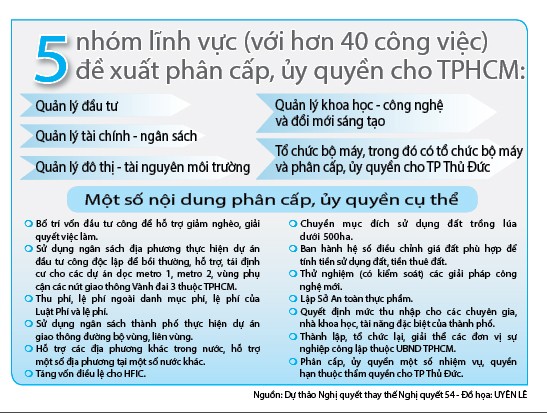 |
Source


























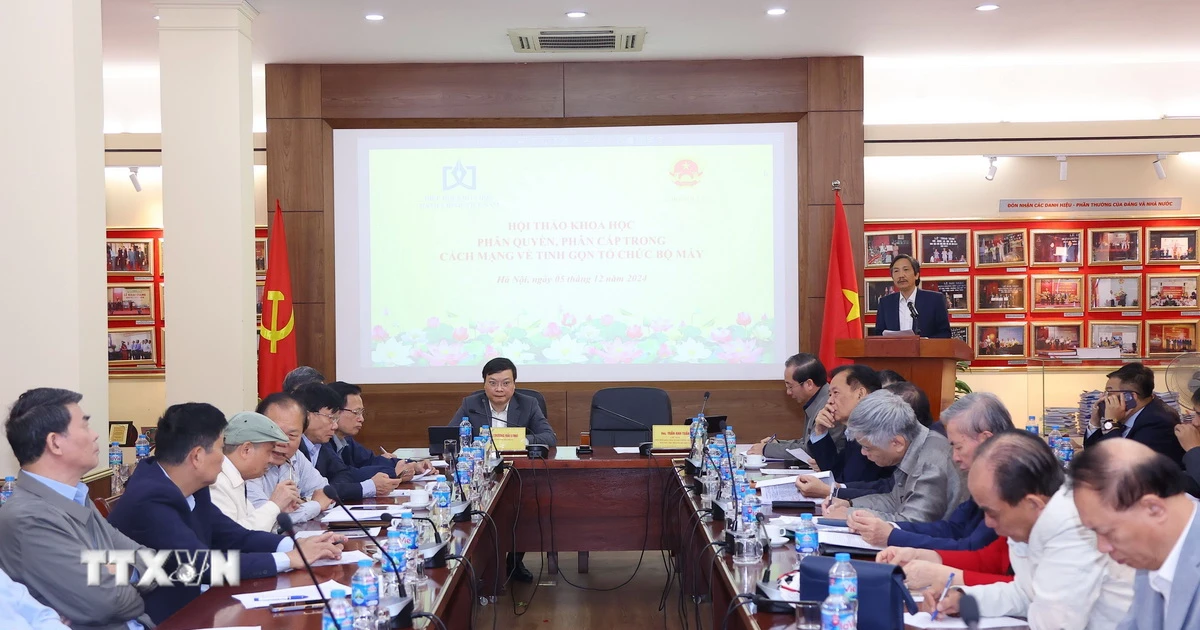
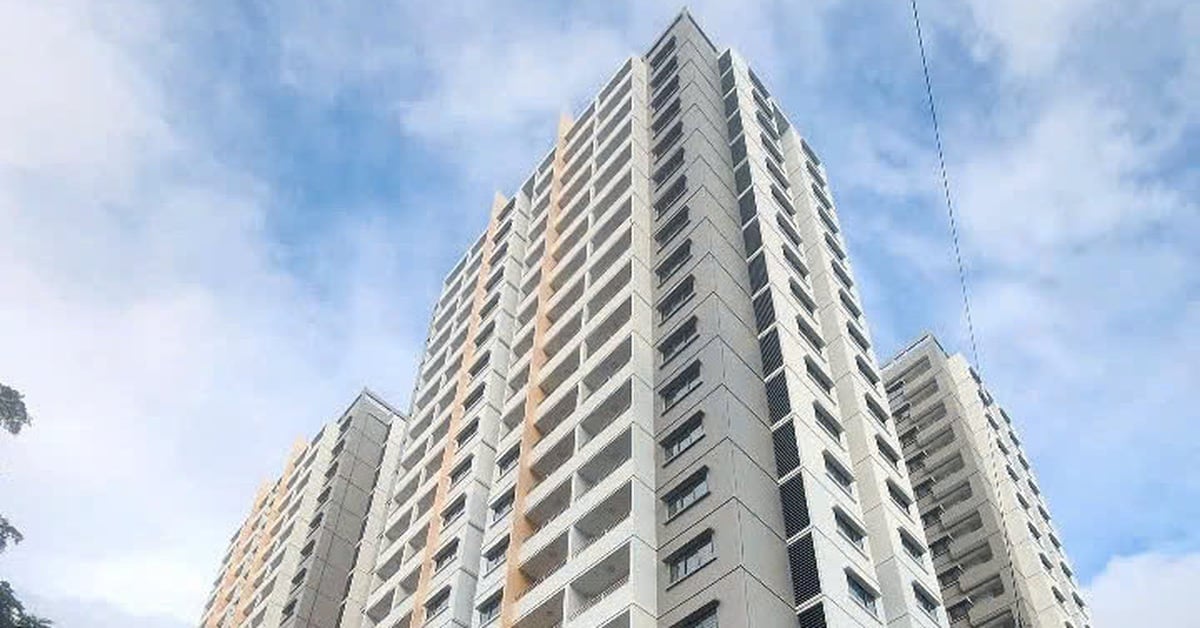

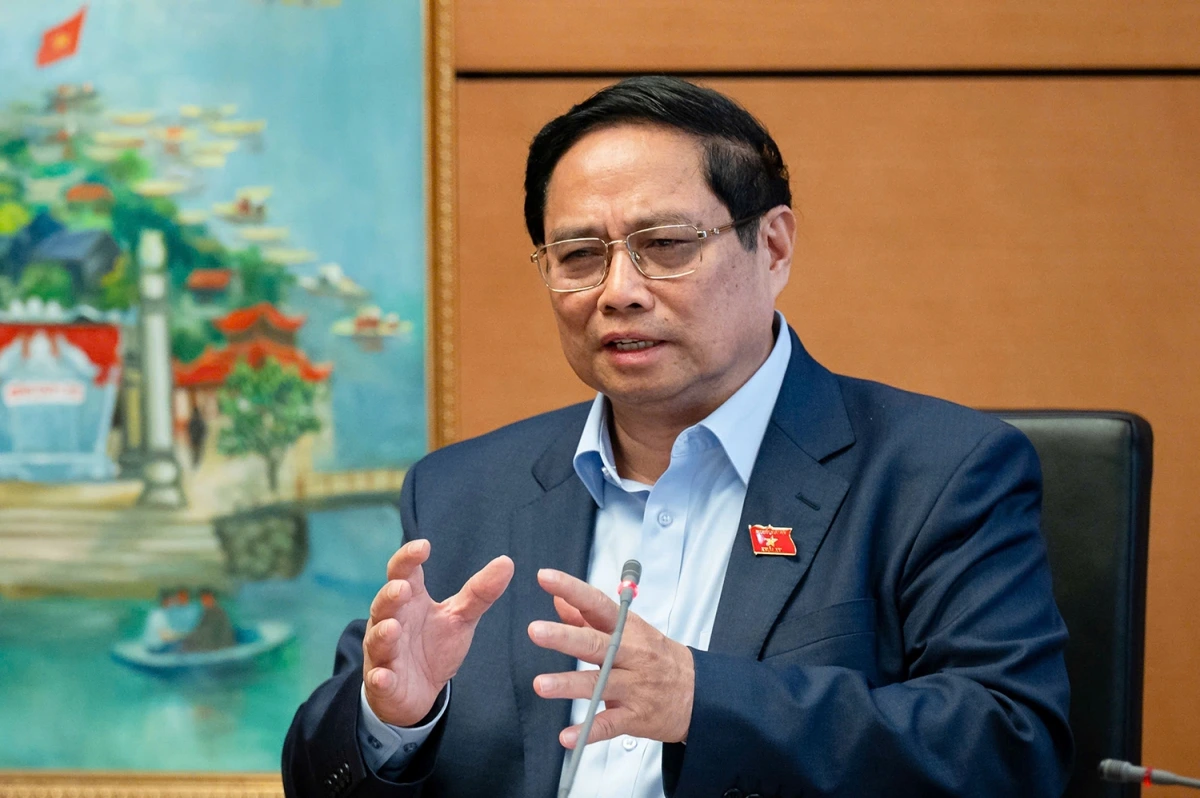

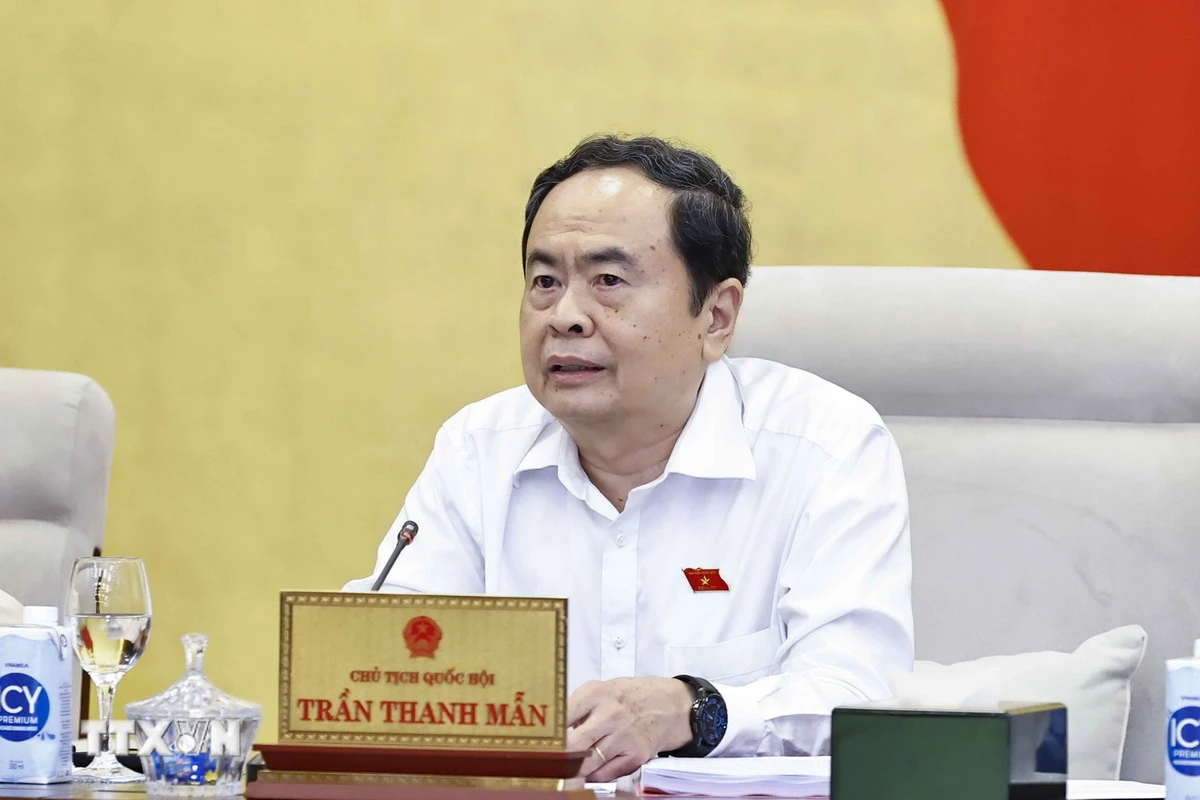

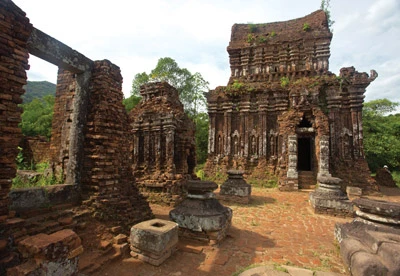

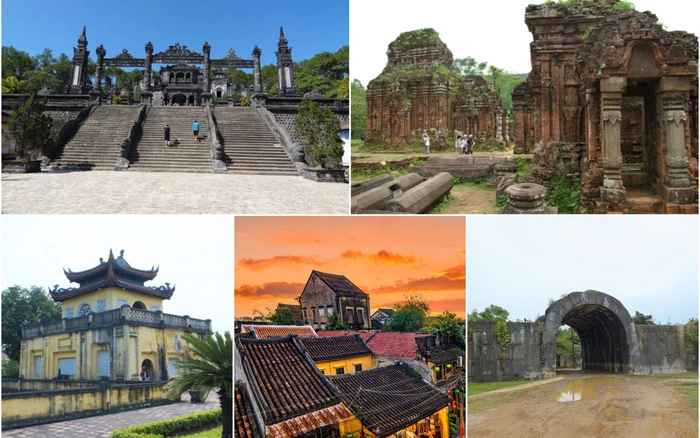


















Comment (0)